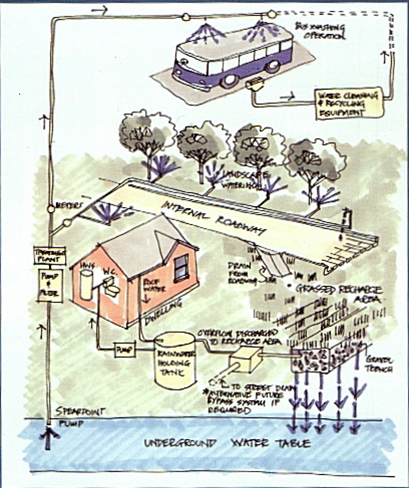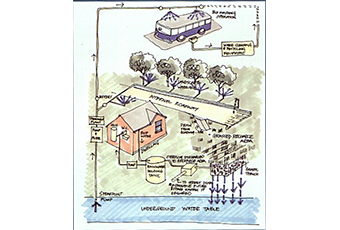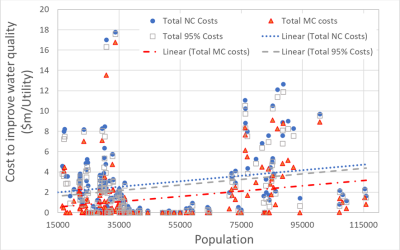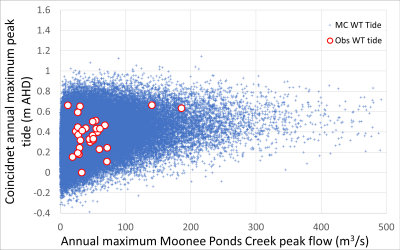
Rainwater harvesting and systems thinking for a better world – release of YouTube Channel
The Essential Rainwater Harvesting Course was created by Peter Coombes of Urban Water Cycle Solutions (https://urbanwatercyclesolutions.com) and Michelle Avis of Verge Permaculture (https://vergepermaculture.ca). First recorded in 2020, a large majority of the course is now being released, for free, on YouTube as part of our shared mission to educate and spread information on rainwater harvesting as widely as possible.






